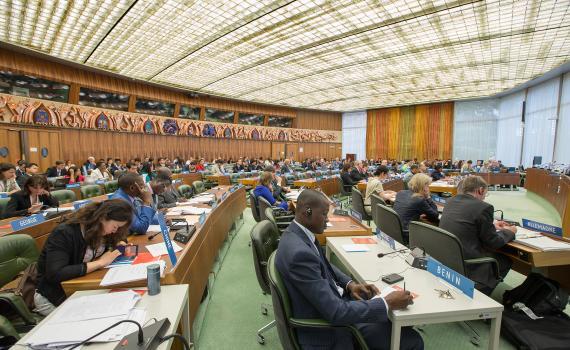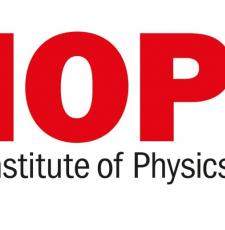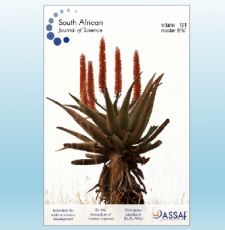
Public Lending Right (PLR) gives authors (and other rightsholders) the right to receive payment for the non-commercial lending of books and other works by libraries. About thirty-five countries have active PLR systems - these are mostly in Europe plus Australia, New Zealand, Canada, and Israel.
Comments submitted by EIFL and the international library community to WIPO on a draft study on public lending right highlight significant gaps in the study, an overall lack of objectivity and an assumption (erroneous in our view) that PLR is an appropriate means of incentivizing creativity in developing countries. Since significant further research would be needed to rectify these gaps, including with respect to issues outside the normal scope of WIPO's work, WIPO should not, in our view, spend any more time or resources on this topic.
Fundamental issues not addressed
An analysis of the PLR study by EIFL, IFLA (International Federation of Library Associations and Institutions), LCA (Library Copyright Alliance), and the Canadian Federation of Library Associations (CFLA-FCAB) finds that while the study gathers factual and technical information (such as the number of active PLR systems globally), it fails to address broader issues fundamental to a considered discussion of PLR, especially in developing countries that are seeking to prioritize literacy, education, and the development of a reading culture within budgets that are constrained.
For example, while the study correctly observes that libraries should be equipped with the necessary capacities to operate a PLR scheme, it fails to identify the minimum standards required (such as stable electricity, networked IT infrastructure, trained staff and adequate budgets), the administrative costs (how can governments assess if PLR is cost-effective if it is not possible to obtain information on set-up or operating costs for existing schemes?), or the assessment criteria used for PLR systems described in the study as “successful”. These issues are fundamental and cannot simply be ignored.
A neo-colonial approach
The assumption throughout the study seems to be that transposing PLR, which originated in Europe, onto the developing world will necessarily be beneficial, a neo-colonial approach that is, in our view, outdated and inappropriate.
The study acknowledges that past discussions at WIPO were contentious regarding the introduction of PLR in developing countries. However, it doesn't address the situation of libraries in these regions that would be required to implement PLR, or the levels of state funding for public library services. For example, in Africa, public libraries are used mainly by children and students to support formal education, library books are often obtained through donation programmes, and unlike in Europe or Canada, public libraries often need to charge fees to support the delivery of basic services. Average per capita spending on public libraries highlights the funding differences - in Europe figures range from US$65 per capita in Denmark, US$46 in Sweden and US$35 in the Netherlands, while data obtained for three countries in Africa shows per capita spending of between US$2.10, US$0.11 and US$0.03.
Bias towards PLR
Rather than taking an objective approach, recognizing that there are costs as well as benefits to the introduction of PLR schemes, the study seems to assume that PLR is automatically a good thing and should always be encouraged. In some instances, it even appears to be advocating for the introduction of PLR, the broadest PLR systems, and the extension of PLR to schools and educational institutions (even in developing countries). It also appears to encourage the application of PLR to publicly-funded specialized libraries operating under the Marrakesh Treaty, a position that is, we believe, contrary to the spirit of Marrakesh whose objective is to reduce barriers (and costs) associated with the production and international transfer of books especially adapted for blind and otherwise visually impaired people.
Call for a WIPO study on access rights and human rights
The study also takes at face value a claim by an author’s group that all uses of human work should be subject to remuneration based on principles set out in the Universal Declaration of Human Rights. The claim can, we believe, be challenged from human rights and copyright law perspectives. To clarify matters, WIPO should commission a study to examine access rights and human rights especially since some authors’ groups claim human rights principles as the justification for PLR.
Background
The proposal for a study on Public Lending Right at WIPO was requested by Sierra Leone, Panama and Malawi.
At WIPO’s Standing Committee on Copyright and Related Rights in April 2024 (SCCR/45), delegations were invited to send written comments on the draft Scoping Study on Public Lending Right (SCCR/45/7) presented during the session. The deadline for comments was October 15, 2024, and a revised version of the study will be prepared before SCCR/46 that takes place on April 7 to 11, 2025.
SHARE / PRINT









